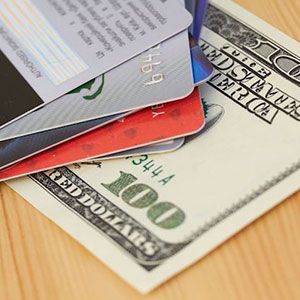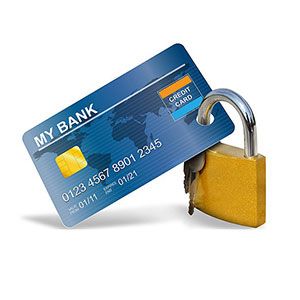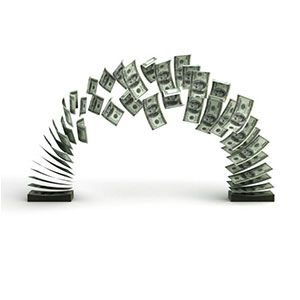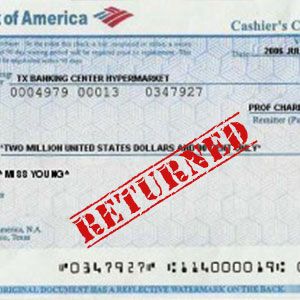11 Annoying credit card fees: How to avoid most of them

Credit cards - You feel powerful when you have one in your wallet as you have the buying power.
At the same time, you may have to bear certain fees, which you may not be aware of or don’t know how to avoid them.
However, there are ways to avoid these fees.
What are the common credit card fees and how can you avoid them?
In addition, some more fees are these though they’re less common.
A credit card company may charge a fee for increasing the credit limit or if you need to replace your card. But, you can always negotiate on the fees if asked for.
Usually, they waive off these fees if you are regular with your payments and have been using the card for long.
So, remember these things and manage your credit cards efficiently.
Check out:
- 15 Banking fees you should stop paying right now
- How to avoid wasting money on annoying fees











